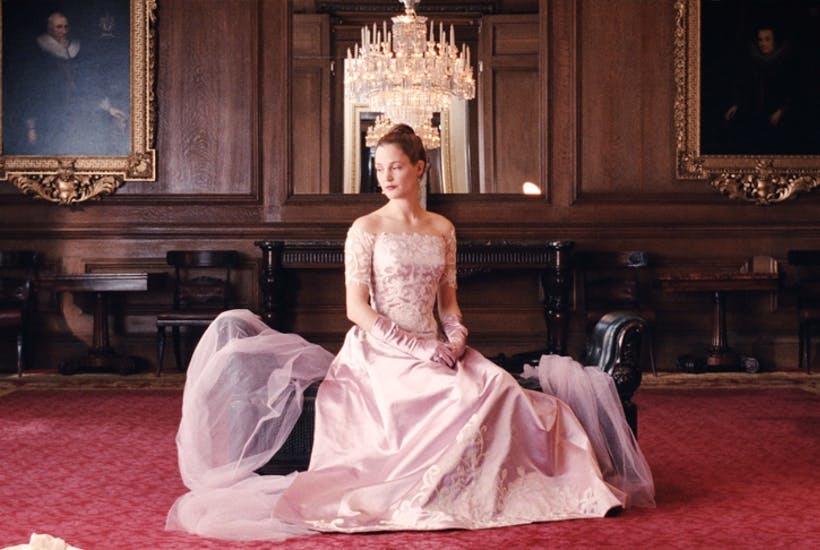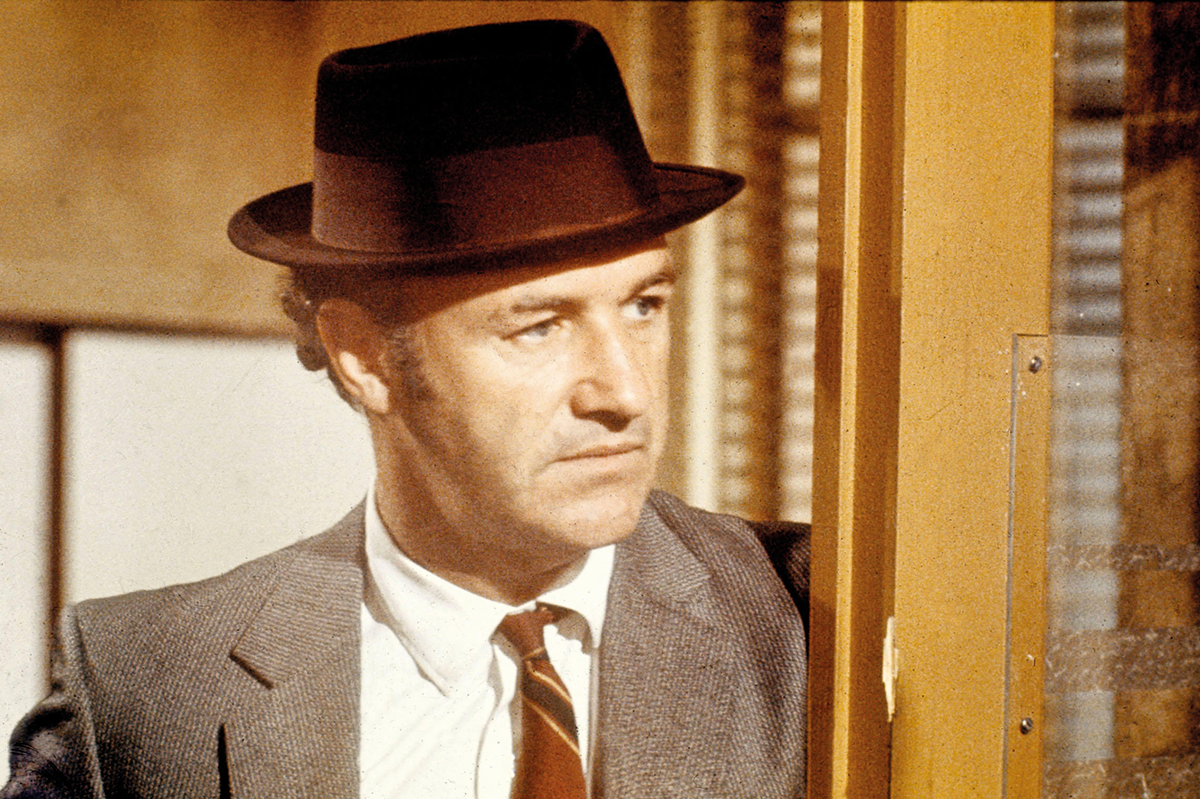Paul Thomas Anderson’s Phantom Thread is a lush psychosexual drama starring Daniel Day-Lewis as a pampered, tyrannical, pernickety 1950s couturier whose life is disrupted when he falls for a waitress who, in the most unexpected way, proves his match. It is a wonderfully fixating film in every respect, and wholly non-formulaic. And it miraculously transforms an addition to a breakfast order — ‘…and sausages’ — into one of the sexiest things ever said. Ultimately, its meaning will be open to interpretation. I saw it as the rather timely story of a man who is finally forced to cut out his misogynist heart and see women as real people, but your interpretation may differ, which is fine, even though I’m bound to be right. Still, it is sweet of you to keep trying.
Day-Lewis, who has been Oscar-nominated, plays ‘Reynolds Woodcock’ which, satisfyingly, sounds like one of those porn names you make up. He is the fêted head of ‘The House of Woodcock’, the fashion establishment that dresses royalty and aristocracy — oh, the frocks are sublime — in a Georgian townhouse in London. Here, the staff line the stairs in the morning (‘Good morning, Mr Woodcock’), while his older sister, Cyril (Lesley Manville, also Oscar-nominated), runs the practical side of the business so that he can get on with fussing over his own genius and every exquisite stitch. She is steely and gimlet-eyed and concerned solely with his needs. As we see, it is even her job to dump his girlfriends when he tires of them which, we understand, he inevitably does. Offer him a sweet pastry at breakfast when he has said ‘nothing stodgy!’ and that’s it, you’re gone. (Breakfasts are important in this film; the dresses are sublime, but the breakfasts properly matter.)
He meets Alma (Vicky Krieps, not Oscar-nominated, inexplicably, as she totally holds her own) at breakfast at the hotel where she is waitressing. She stumbles, smiles sheepishly, and he’s smitten. He orders Welsh rarebit with a poached egg (not too runny), bacon, scones, cream, jam (not strawberry). There is a pause: ‘…and sausages’. He had me at ‘scones’, to be honest, but who other than Day-Lewis could make a breakfast order so powerfully seductive? She understands that he is testing her to discover if she has the appetite to cater to someone with his appetite. And she does.
Reynolds moves Alma into the London house, where she becomes his latest muse. But for how long? When, at another breakfast, she starts buttering her toast rather noisily — from the look on Reynolds’s face she might as well be banging pan lids — we know her days are numbered. Or are they? What if she’d noted that, when he was ill, as he was for a few days, he became ‘open and tender’ in exactly the way she most wants? More than this I can say, but won’t, as it would be spoilery. I will only say that as Alma asserts herself — the last breakfast scene in the film is a corker — he can no longer objectify women solely as bodies, without needs, desires or agency, or solely as pegs on which to hang his own vanity.
Anderson (Magnolia, The Master, There Will Be Blood) ensures that there is not just the one power shift in their relationship, but many, which is endlessly fascinating, and while the pace is drawn-out it never bores. In feeling, the film has been likened to Rebecca and Gaslight but it is more in keeping with Steven Shainberg’s Secretary, in which two people with rather niche proclivities, shall we say, find what works for them.
Meanwhile, Manville is a wonder, as is Day-Lewis, who can embody a character down to the smallest detail. He is riveting, even though, in this instance, he came to the part without doing any research. (Only kidding. He studied for a year under the New York City Ballet’s costume director and remade a Balenciaga sheath dress from scratch.) He has said that he is retiring and that this will be his last film, so we can only hope it’s one of those Elton John type retirements where you eventually retire from retiring.

























